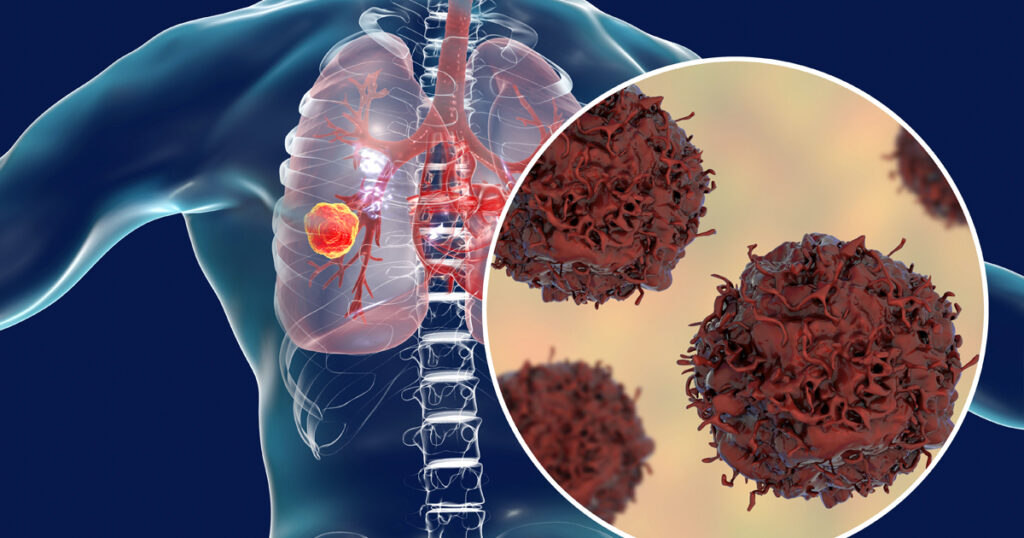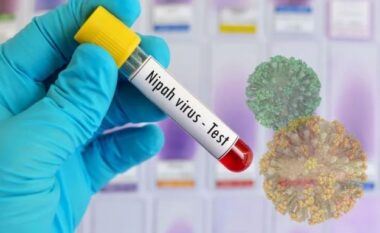Empowering Cancer Treatment Guide : Navigating Options for Recovery and Well-being
A cancer diagnosis can be overwhelming and life-changing. However, with advances in medical science and comprehensive treatment approaches, there is hope for successful cancer treatment and recovery. In this comprehensive guide, we will explore various treatment options, supportive therapies, and lifestyle considerations to empower you on your journey to overcoming cancer.

Section 1: Understanding Cancer and Treatment Goals To effectively navigate cancer treatment, it’s important to understand the disease and the goals of treatment. Cancer is a complex condition characterized by the abnormal growth of cells. Treatment goals may include eradicating cancer, controlling its growth, and managing symptoms to improve quality of life.
Section 2: Consultation with Medical Professionals A crucial first step is consulting with a multidisciplinary team of medical professionals specializing in oncology. These experts will assess your individual case, conduct diagnostic tests, and recommend a personalized treatment plan based on the type, stage, and location of cancer.
Section 3: Treatment Modalities
- Surgery: Depending on the cancer type and stage, surgical intervention may be necessary to remove tumors or affected organs. Surgeons employ various techniques to minimize invasiveness and aid in recovery.
- Radiation Therapy: This treatment uses high-energy radiation to target and destroy cancer cells. It can be delivered externally (external beam radiation) or internally (brachytherapy). Radiation therapy may be used as a standalone treatment or in combination with other modalities.
- Chemotherapy: Chemotherapy involves the administration of drugs that target and kill rapidly dividing cancer cells. It can be given orally, intravenously, or through other delivery methods. Chemotherapy is often used in systemic treatment to eradicate cancer cells throughout the body.
- Immunotherapy: Immunotherapy harnesses the power of the immune system to recognize and attack cancer cells. It can be in the form of immune checkpoint inhibitors, monoclonal antibodies, or adoptive cell therapies. Immunotherapy has shown promising results in various cancer types.
- Targeted Therapy: Targeted therapies focus on specific genetic mutations or proteins present in cancer cells. These therapies aim to block the signals that promote cancer growth while minimizing harm to healthy cells.
- Hormone Therapy: Hormone therapy is commonly used for hormone-sensitive cancers such as breast and prostate cancer. It works by inhibiting the production or blocking the action of hormones that fuel cancer growth.
Section 4: Supportive Therapies and Lifestyle Considerations
- Palliative Care: Palliative care focuses on enhancing the quality of life for individuals with cancer. It aims to manage symptoms, provide pain relief, and address emotional and psychological well-being.
- Nutritional Support: Maintaining a healthy and balanced diet is crucial during cancer treatment. Consult with a registered dietitian to ensure you are receiving adequate nutrition to support your immune system and aid in recovery.
- Physical Activity: Engaging in regular physical activity, as recommended by your healthcare team, can help manage treatment side effects, improve energy levels, and promote overall well-being.
- Emotional Support: Seek emotional support from friends, family, support groups, or professional counselors to cope with the emotional challenges that come with a cancer diagnosis.
Conclusion: Cancer treatment is a multifaceted process that requires a personalized approach. By working closely with your medical team, considering various treatment modalities, and adopting supportive therapies and lifestyle changes, you can empower yourself on the journey to cancer recovery. Remember, every cancer case is unique, so individualized guidance from healthcare professionals is essential. /albeu















